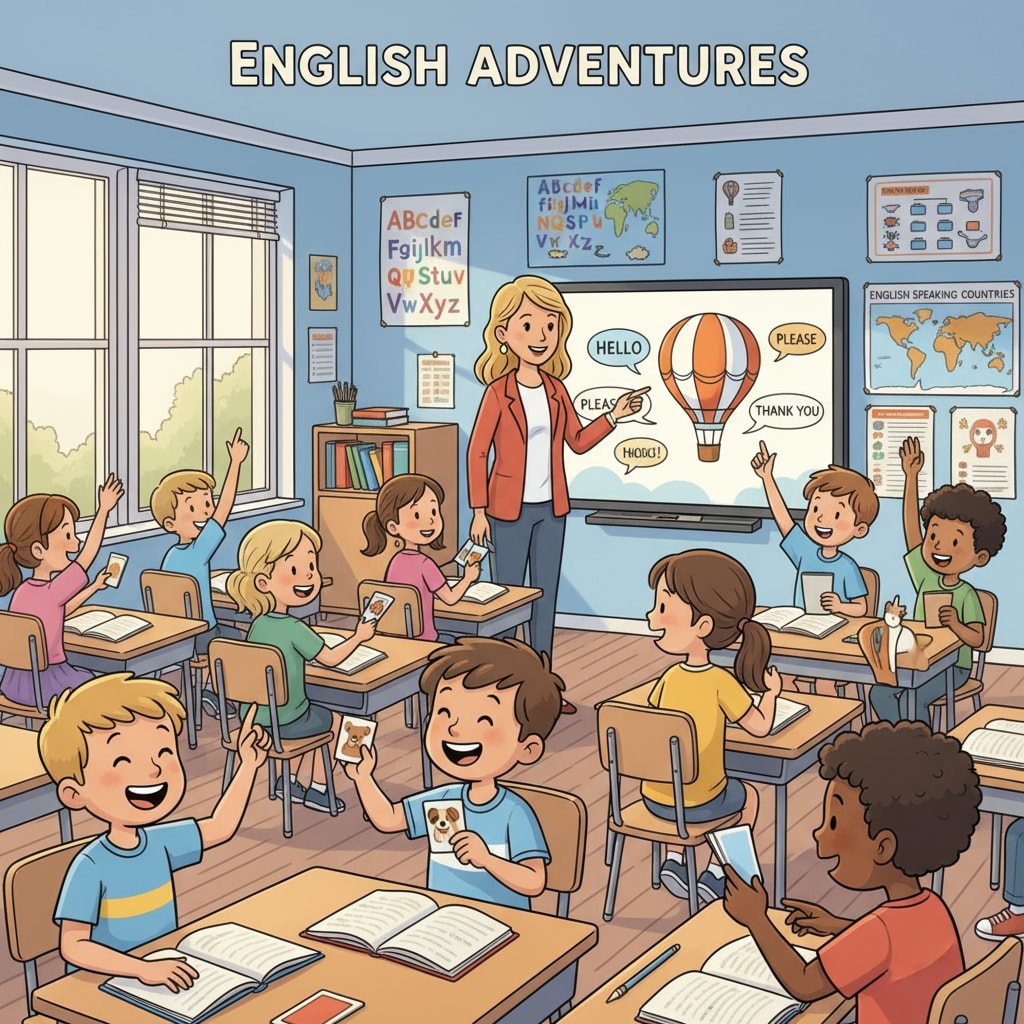In the realm of K12 education, the journey of English courses often witnesses a disheartening transformation from a place of joy and enthusiasm to one of weariness. This shift is significantly influenced by factors such as strict teachers and changing course content. English courses that once held the promise of adventure and discovery now seem like a chore. Let’s take a closer look at what’s going on.

The Initial Allure of English Courses
At the beginning of the K12 English learning journey, the courses are typically filled with colorful textbooks, engaging stories, and interactive activities. These elements are designed to draw students in and cultivate an early love for the language. For example, simple rhymes and fun dialogues make the learning process feel like a game. Students are eager to participate, and the classroom is filled with energy. According to Britannica’s Education section, this initial stage is crucial for building a foundation of interest in the subject.

The Impact of Strict Teachers
As students progress through their English courses, the role of teachers becomes a significant factor. A strict teacher can sometimes dampen the students’ enthusiasm. When teachers focus solely on grades and rigidly enforce rules, the classroom atmosphere can become tense. For instance, excessive criticism for small mistakes or a lack of flexibility in teaching methods can make students feel discouraged. Instead of looking forward to class, they start to dread it. Research from TeachThought shows that a teacher’s demeanor and teaching style have a profound impact on student engagement.
The Challenge of Changing Course Content
Another aspect contributing to the shift in English course experiences is the changing course content. As students move from elementary to middle and high school, the curriculum becomes more complex. The transition from basic vocabulary and simple grammar to advanced literature and complex language structures can be overwhelming. For example, the sudden introduction of Shakespearean plays might be difficult for students who are used to more straightforward texts. This change in content can make students feel lost and less interested in the subject.
In conclusion, the journey of English courses in K12 education, which starts with so much promise, can take a turn due to strict teachers and changing course content. However, by being aware of these issues and taking proactive steps, such as training teachers to be more engaging and adjusting the curriculum to be more accessible, we can rekindle students’ love for English courses. It’s essential to create an environment where learning English is once again an exciting and fulfilling experience.
Readability guidance: This article uses short paragraphs and lists to summarize key points. Each H2 section provides relevant details. The proportion of passive voice and long sentences is controlled, and transition words are scattered throughout the text to enhance readability.


